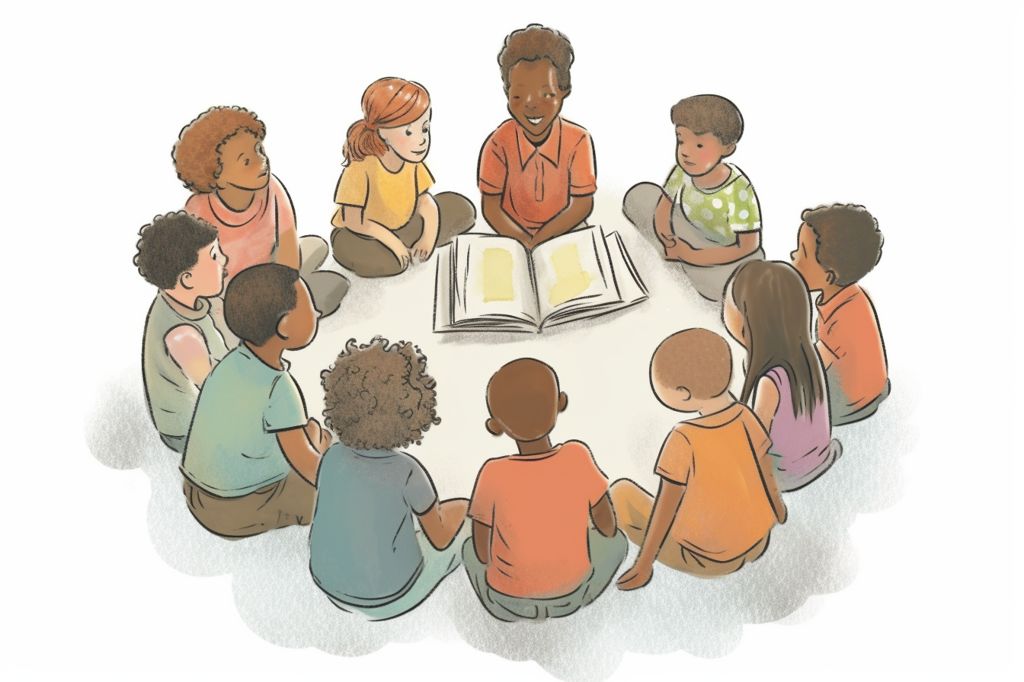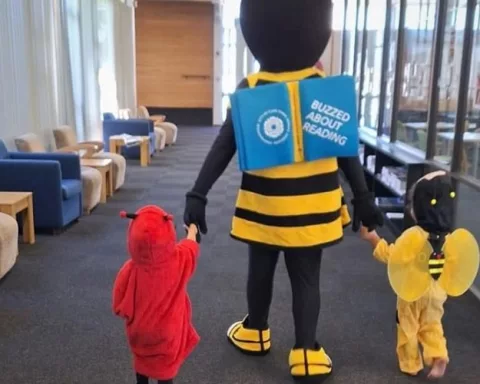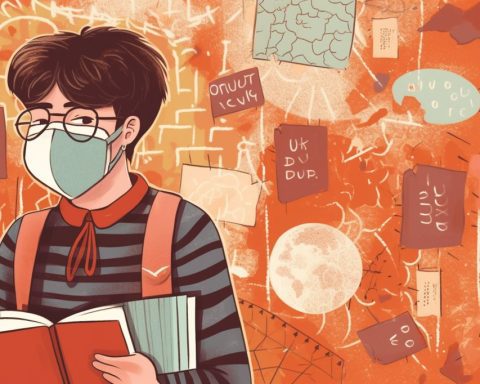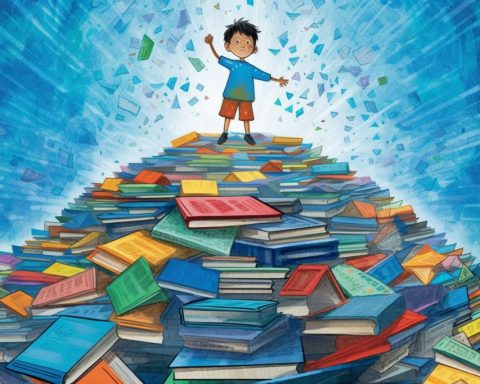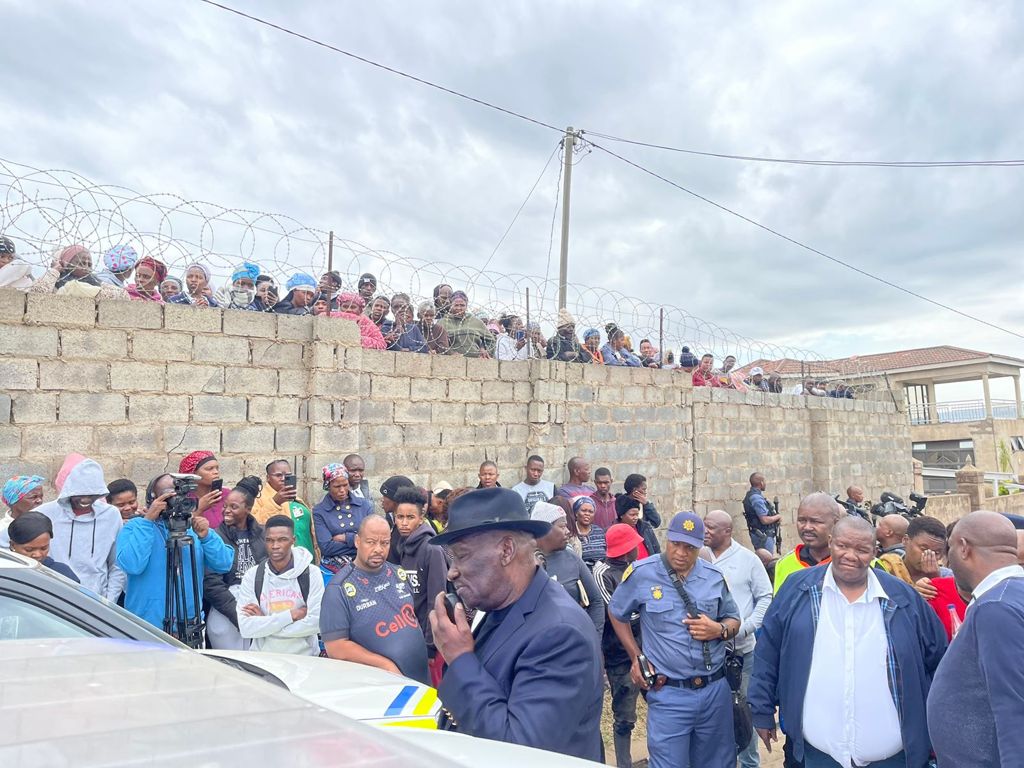The Whistle Stop School (WSS) programme is a promising initiative in the fight against South Africa’s illiteracy crisis. Developed in 2017, the programme is designed to enhance reading skills among primary school learners in Makhanda, South Africa. The WSS programme was established by GADRA Education, a community organization in Makhanda, in collaboration with St Mary’s Primary School. The programme uses phonics, guided reading, and a well-resourced library to help learners grasp reading.
Addressing the Reading Crisis
The National Curriculum Assessment Policy Statement (CAPS) doesn’t teach reading explicitly beyond grade 3, meaning children who do not read well by the time they reach grade 4 may struggle to catch up. The WSS programme addresses this issue by providing daily sessions with specialist teachers at the St Mary’s Development and Care Centre. The programme employs two teachers, who run daily classes, with each sound having its presentation designed to engage different learning styles.
A Different Approach
A significant challenge in teaching reading in schools like St Mary’s is the pressure to cover the curriculum. However, the WSS programme takes a different approach, with teachers working closely with small groups of learners. “We work on the level of the learners’ needs, there is nothing dictated to us,” says Demi Edwards, one of the WSS teachers. The programme’s wide range of reading materials allows teachers to work with each child at their level.
Positive Results
The WSS programme has yielded positive outcomes. After just one year of participating in the project, grade 3 learners could read and comprehend nearly twice the number of words per minute than before and were at the expected fluency level of grade 3. Five years after partnering with St Mary’s, over 75% of each grade 4 class can read with comprehension, well above the 20% average in this year’s 2030 Reading Report.
Expanding Impact
The WSS programme has developed a programme for teachers of grades R and 1, which is being piloted in St Mary’s and another no-fee primary school in Makhanda. The programme and materials are open sources and free to use, with the only cost being a mini projector. WSS hopes this programme will help other schools improve literacy levels. The WSS partnership with St Mary’s has made an immediate impact on the results of reading tests, with some learners now reading beyond the expected level.
In conclusion, the WSS programme is a promising intervention to address South Africa’s illiteracy crisis. The programme provides personalised attention to learners, while also allowing teachers to work at the level of learners’ needs. Its success at St Mary’s Primary School raises hope that it could be replicated in other schools to improve literacy levels across the country. Ultimately, the WSS programme provides South African learners with the foundational skills they need to succeed and fulfil their potential.

